More and more private schools are adopting dress codes as opposed to uniforms. You will still find uniforms in religious, parochial and military schools. Perhaps the most famous school uniform is the one worn by boys at Eton College. While it is still worn everyday, the uniforms worn in American schools are a lot less formal, if, indeed, a uniform is worn at all.
One of the reasons a dress code is more popular is that it gives some modicum of self-expression while at the same time maintaining a standard of dress. Oversize clothing, all black outfits, extreme hair styles and other symbols of gangs and fringe activities are simply not on.
This dress code from Foxcroft School is typical of the sort of dress code you can expect at a girls' school:
"Foxcroft's dress code is fairly simple – khaki or black pants or skirts with solid-colored, collared blouses which are tucked in. Shoes (which may not be athletic shoes) must have closed toes and backs. Dress code is required during the Academic Day."
McCallie School offers a quite detailed description of what's acceptable and what's not at that fine all-boys school in a Dress Code Letter:
"Regular school dress requirements/prohibitions are as follows:
1. Students are expected to wear a solid colored dress shirt with tie (tie should be within one inch of top button on shirt), long pants with a belt, visible socks, and shoes.
2. Students

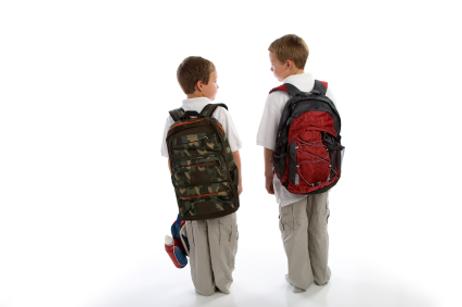






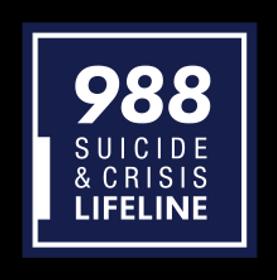















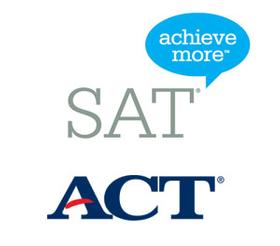


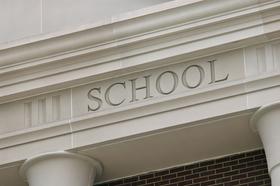


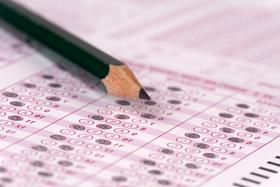

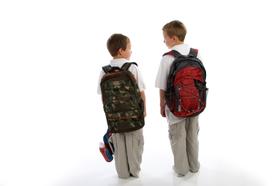

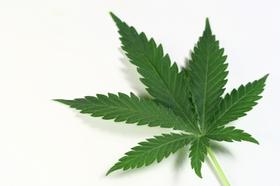
















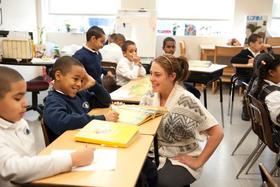




-4c3194pi4wis8gsg004w0g44w-280.jpg)
